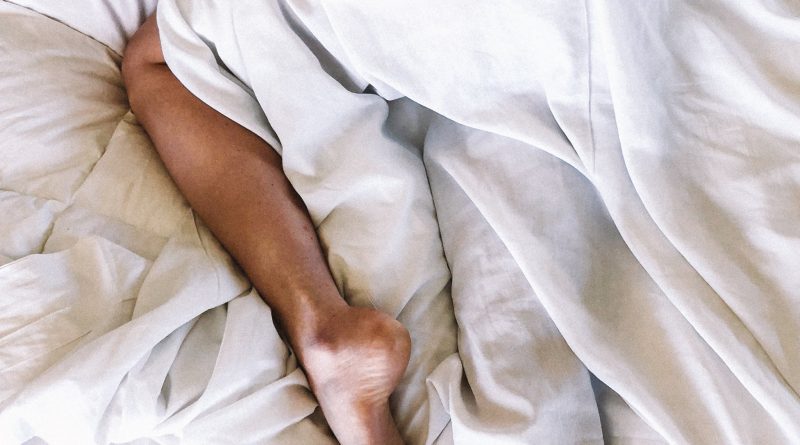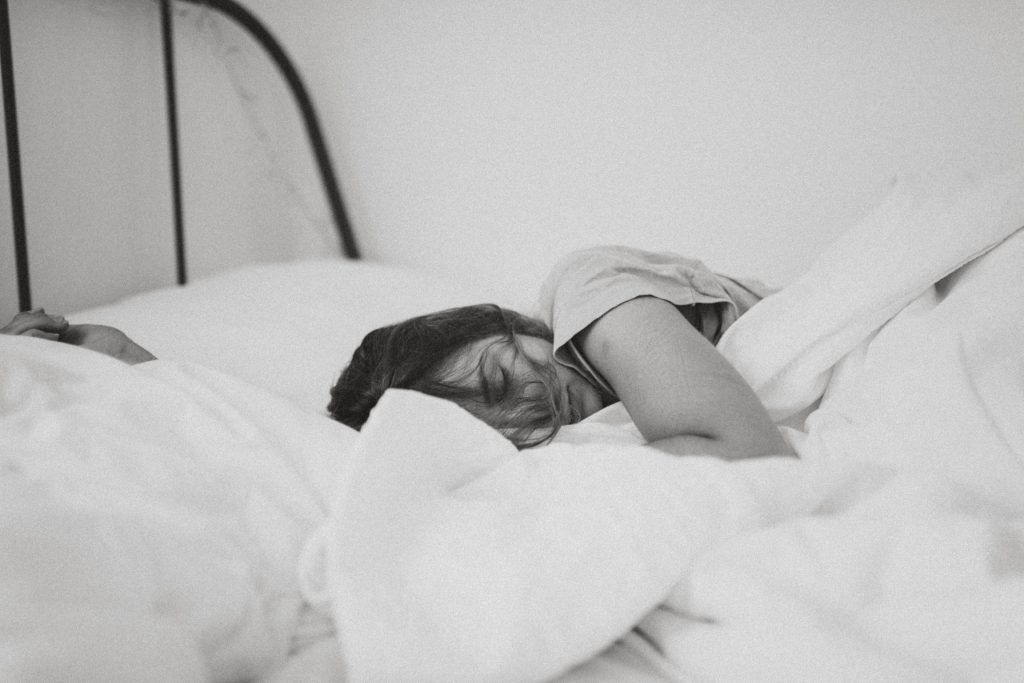Wednesday Wellness : A good night’s sleep by Rina Bailey
Try not to eat too much, too late in the evening.
Avoid scrolling through social media (if you’re like me, you have to rein in your Twitter – Facebook – Instagram cycle) or playing games on your devices in the hour before bed.
Don’t work late into the evening and worse still, don’t work IN bed! I would also add: avoid shouty, violent, loud films or TV programmes immediately before bed; but my husband would disagree. The list goes on.
Somewhere along the line (A Levels? University? BVC? LPC?) it seems that many of us have abandoned our bedtime routines. A casual waste of many years’ effort on the part of our carers to ensure we get the sleep we so dearly need to help us grow and replenish.
Nowadays, it’s a 10pm bedtime for me. If I’m still up at 10.30pm, that’s past my bedtime and I need to hit the sack! I try and ensure that my room is dark and not too warm. That it is free of distractions. There is no TV in my room. I have to admit however that my phone sits on my bedside table. I know that this is not ideal… it is a work in progress!
https://www.dottys-oils.com/essential-oils-relaxation-sleep
For the last two years, I have also incorporated using essential oils into my bedtime routine.




